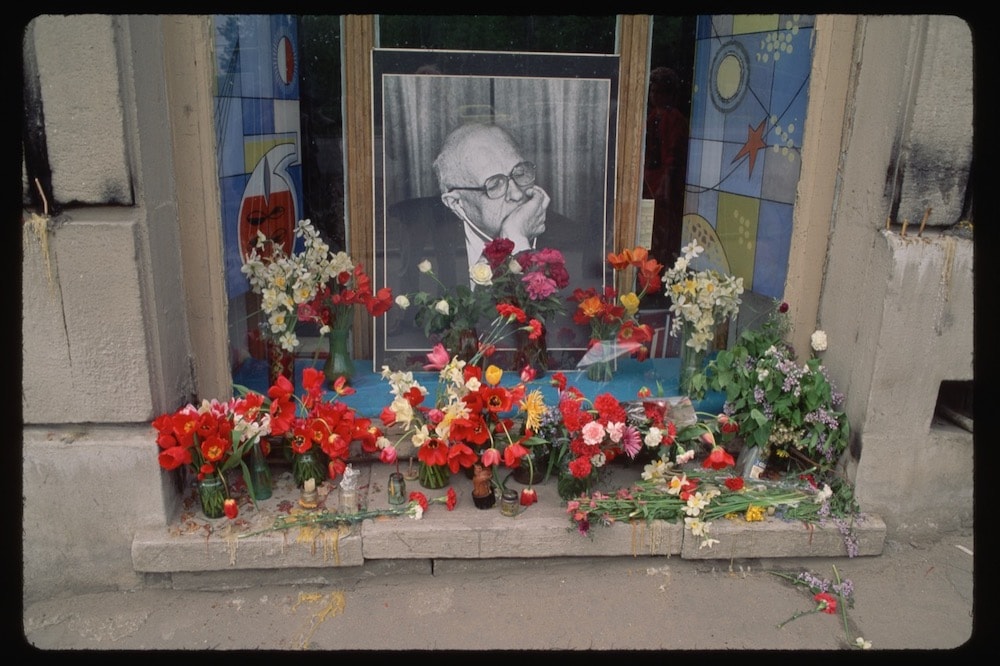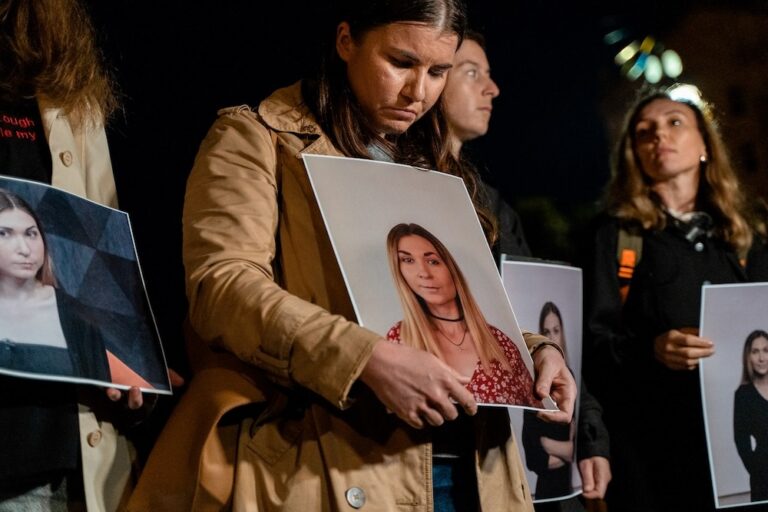"By labelling the foundation 'undesirable,' the Kremlin is also ostracizing Sakharov’s legacy and, essentially, all the human rights defenders, independent journalists, activists, pro-democracy scientists, and cultural figures associated with it in Russia" - HRW
This statement was originally published on hrw.org on 24 January 2023.
By Tanya Lokshina, Associate Director, Europe and Central Asia Division
The Kremlin can’t erase Andrei Sakharov’s legacy
Yesterday, Russia’s Prosecutor General’s Office designated the Andrei Sakharov Foundation as “undesirable.” The foundation was created in 1989 by Sakharov’s widow, Elena Bonner, and his American supporters to safeguard and promote the legacy of the genius physicist. Sakharov created the first Soviet hydrogen bomb and then fought for disarmament, received the 1975 Nobel Prize for Peace, and became a leader of the USSR’s human rights movement.
By labeling the foundation “undesirable,” the Kremlin is also ostracizing Sakharov’s legacy and, essentially, all the human rights defenders, independent journalists, activists, pro-democracy scientists, and cultural figures associated with it in Russia. Sakharov’s powerful “peace, progress, and human rights” motto is seemingly forgotten, as Russia fights a full-scale war against Ukraine, fraught with indiscriminate shelling, extrajudicial killings , enforced disappearances, torture of countless civilians, and other apparent war crimes.
In May 2021, I chaired a panel at a conference to commemorate Sakharov’s 100th birthday, organized by the Sakharov Center, a Moscow-based sister organization of the now-banned American Sakharov Foundation. Dozens of attendees met in Moscow and for many, it was the first such gathering in over a year following the worst of the Covid-19 pandemic. Other international speakers could not attend in person due to ongoing travel restrictions at the time. At the end of the panel, which focused on human rights protection globally, the Sakharov Center director and I expressed genuine hope that we would see them in Russia in person the following year. Little did we know that by spring 2022, with Russia’s full-scale invasion of Ukraine underway, our world would crumble and the idea of holding a human rights event in Moscow would seem ludicrous.
Now, the Sakharov Center in Moscow is on the verge of being shut down. Authorities are also closing the Moscow Helsinki Group, the oldest Russian human rights group. Last year the government “liquidated” Memorial, the country’s leading human rights organization, of which Sakharov himself was a founder. Last year, the government also closed Human Rights Watch’s Moscow office, which had operated in the country for three decades. Many people who attended the May 2021 anniversary conference, including myself, were forced to leave the country, as the authorities doubled down on political prosecutions, aiming to eviscerate all forms of dissent.
But Sakharov’s legacy lives on – and there will come a time when we gather in Moscow again, under his portrait.



